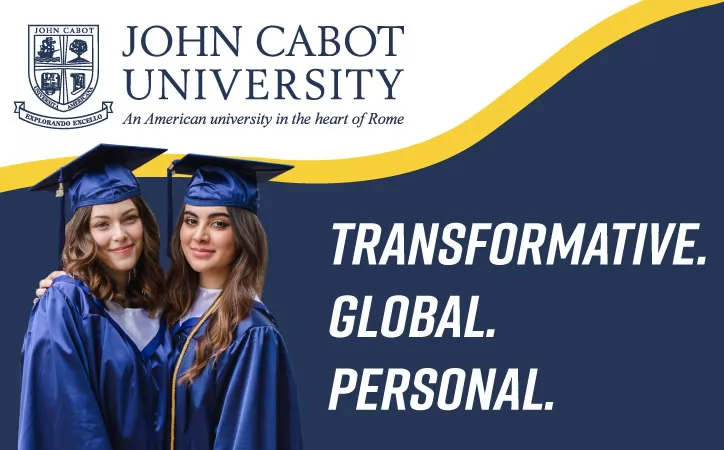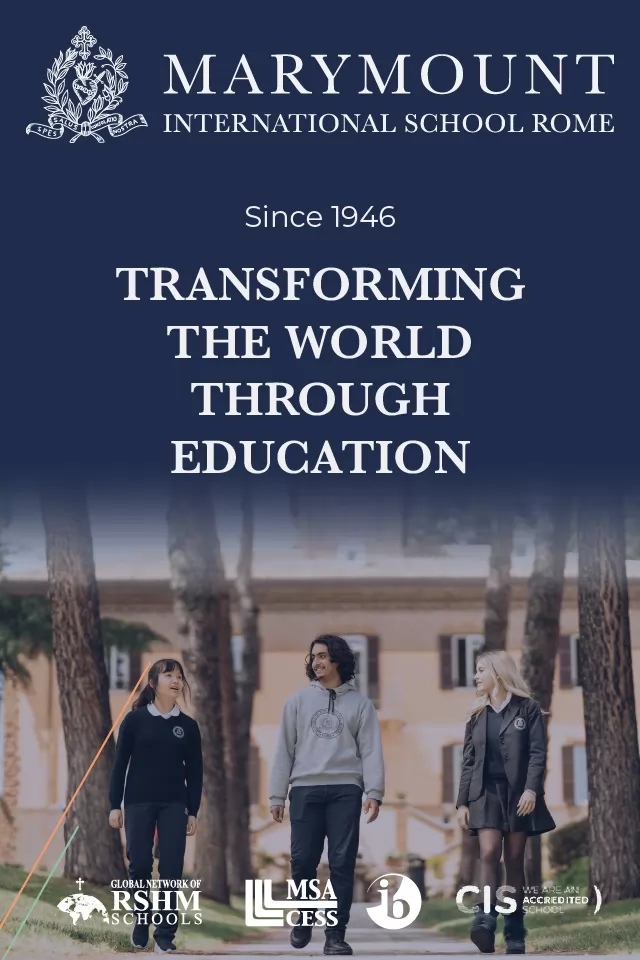The invasion of Ameresperanto
Some are now indignantly calling it linguistic imperialism. Circle with a pen in an Italian newspaper the films with English titles being screened in Rome. The page will burst into a violent rash. In one week this month, the circles ringed 16 films, with some being shown in many cinemas across the city. Hulk was all over the place for instance, Final Destination too, as well as Now Ladies and Gentlemen. Then there was Roger Dodger and The Italian Job. Audiences were also watching Me Without You, The Pool and Hell, and the recent Venice Film Festival is sending Rome the simply-named Thirteen, about American adolescent girls.
Between December 2001 and September 2002, a total of 289 films were released in Italy, 87 of them with English titles. Take your dictionary to the cinema, quipped the headline in an Italian newspaper. For one English actress resident in Rome it is all part of the American publicity attack or hard-sell in these days of globalisation. But young Italians are willing accomplices as well. English is now the in thing, and they just follow it, she pointed out.
Francesco Manchetti, an Italian publicity man linked to a big American studio, explained why the titles are increasingly Anglicised. It would be suicide to squander the impact of a film launched and promoted for months in English. Think of translating Minority Report for instance. It would lose all its effect, its fascination. But one thing is certain. There are many more titles in English than 10 to 15 years ago because cinema audiences, mainly aged between 15 and 30, know English much better than they did.
Even Italian films accommodate the trend, with Bernardo Bertolucci calling his latest creation The Dreamers, though with an Italian subtitle. Most films are now actually shot in English. With disastrous results, commented Gene Luotto, a prominent American dubbing editor who has been in Rome for 40 years. We have to post-synch nearly everything. A ticklish business. The Italians are so used to dubbed films, the illusion of reality has to be perfect. We can spend half an hour getting one line of dialogue just right. And Italian films now certainly have a market abroad, if, that is, theyre dubbed into English. Not only in Australia and New Zealand, as you might expect, but in South America where they want all their Italian films in English. They do in the Middle East and Japan as well, not to mention voracious TV channels everywhere. So were not out of work.
As Luotto sees it, the use of Americanised English in everyday Italian has now got out of hand. How ridiculous it is to say: Vado ad un dancing stasera or Mio marito fa il footing a Villa Borghese!
Purists, in fact, are alarmed at the way English in Italian mouths has become shockingly Italianised, full of bastardisations derived from the jargon of computers. There is linkare, chattare and scannare. To do business is tradare, to ban is bannare, to re-set (the computer) is resettare, and other atrocities include forwardare and sniffare. Linguists also point to the number of English words used neat, usually with unrecognisable pronunciation. Instances abound: weeken (weekend), boolin (bowling), ticket, obby (hobby), call centair (call centre), eet parade (hit parade), part time, share (for TV audiences), meetin (meeting) or gap.
Many people use English terms when Italian will do, a main offender being the present government, responsible, for instance, for its Ministero del Welfare instead of the staid old Ministero del Lavoro a howler seized upon by top names in Italian culture, who at a meeting in Ravenna last November deplored the current impoverishment of Italian and its replacement by useless and snobbish foreign terms.
On the other hand how, ask the linguists, are Italians to render words like mouse, as in the clickable computing device? A university professor of languages, Mario Negri, accepted that English, as the medium of medicine, science, mathematics and the internet, is an irreplaceable reality and to be exploited where necessary, not discouraged in some sort of crusade. He predicts, in the far-off future, a co-existence in most nations between official and local tongues, with the latter ending up as dialects restricted to the family and emotional matters.
It seems an unequal struggle. Italian, one expert worked out, is the fifth most widely-spoken language in Europe and the fourteenth world-wide (an estimated 60 million people of Italian origin live abroad). The scholar Herman W. Haller recalls that many Italian terms have long been embedded in other languages in the fields of music, art, architecture, and now that of food and drink. In America, according to informants in Rome, they apparently have no other word for zucchini; they speak of risotto (pronounced ris-ho-toh ) and caffe latte has been reduced to latte (lartay). But, Haller discovered, foreign thefts from Italian are outnumbered 15 to 1 by Italys borrowings from American.
The popular psychologist and writer Francesco Alberoni saw a pattern: the linguistic prevalence of dominant political powers. Under Alexander the Great the world spoke Greek; under the impulse of Christianity, it switched to Latin, right up until the flowering of modern languages after the early Renaissance. Today it is the turn of what is already being described as Ameresperanto.
Those who lose their language, Alberoni lamented, lose their soul.
Picture: Italian director Bernardo Bertolucci has given his latest film an English title.





















